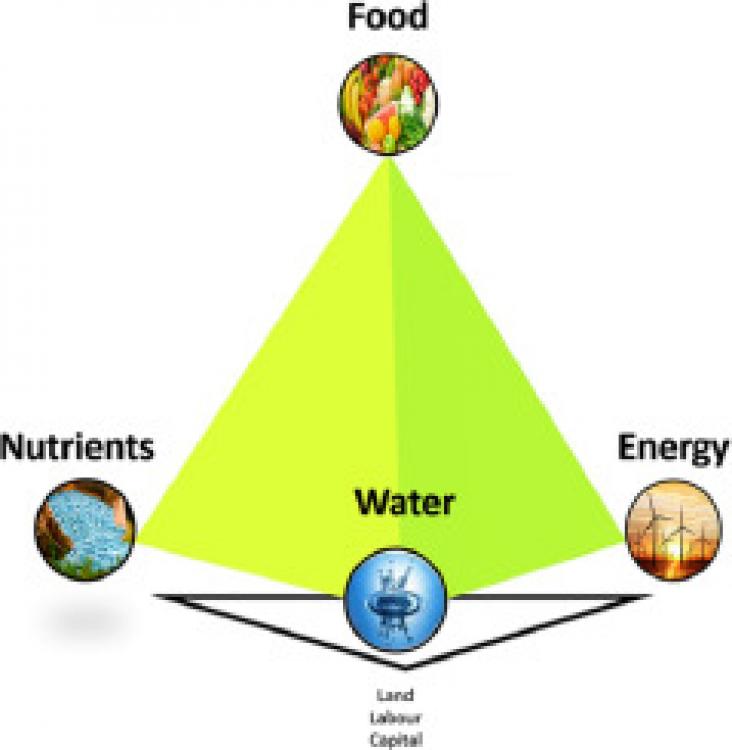This Viewpoint supports SDGs 7 and 10 by reviewing climate mitigation scenarios in the context of energy inequalities between the Global North and the Global South. The authors conclude that existing mitigation scenarios exacerbate inequalities and increase climate risk in the Global South.

Urban agriculture is booming. During case study Water-Energy-Food nexus research at urban farms, investigation indicated two types of ‘food’ to be relevant for urban agriculture.
Climate action seems to be more popular among those who vote.
This content links with Goal 3: Good health and well-being and Goal 10: Reduced Inequalities by providing information on paroxysmal dyskinesias, a group of uncommon movement disorders that are characterized by episodes of abnormal movements arising from a baseline of normal or nearly normal movement.
Approximately two thirds of Americans reported delaying or forgoing healthcare during the pandemic. Experience of racial discrimination were prevalent among Asian Americans, Blacks and Hispanics during the pandemic.
In a 2019 national survey, 3.1% (95% confidence interval, 2.6%-3.5%) of practicing US physicians self-reported a disability, as defined by the Americans with Disabilities Act.2 Although the prevalence of reported disabilities in physicians is less than the general population, physicians may choose to not disclose their disabilities, especially hidden disabilities.
This Article supports SDGs 3 and 10, assessing the effect of housing modifications of disability outcomes, with a particular focus on the ageing population.
Illustrates the impact of the pandemic and resulting reduction in travel on food insecurity in Tajikistan.
The importance of a good social network in times of stress for people with Alzheimer's Disease.
An Article on mental health and wellbeing among working-age adults, in the context of SDGs 3, 8, and 10, focusing specifically on the effects of changes in income on mental health, especially for people in poverty or in LMICs.
